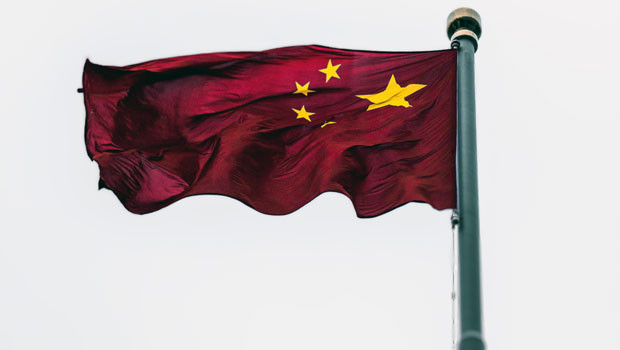Asia report: Markets mixed in aftermath of Trump assassination attempt

Asia-Pacific markets mostly declined on Monday, as investors reacted to disappointing economic data from China and the fallout from an assassination attempt on former US president Donald Trump over the weekend.
China’s economy saw growth of 4.7% in the second quarter, falling short of the 5.1% expected by economists, and lower than the first quarter’s 5.3% growth.
“After an attempted assassination, investors became more confident in Donald Trump's chances of winning the US presidential election, leading to a rise in the dollar and a decline in [US] Treasury futures,” said TickMill market analyst Patrick Munnelly.
“Futures indicated expectations of higher Treasury rates as cash trading began in Europe - these actions reflect bets on the possibility of the Republican-led administration implementing stricter fiscal policies and increased tariffs upon re-election, which is generally expected to boost the dollar and lower Treasury values.
“Stocks in Asia experienced declines, particularly Chinese stocks in Hong Kong, following data indicating a slowdown in the world's second-largest economy.”
Markets mixed but mostly lower after attempt on Trump
In China, the Shanghai Composite edged up by 0.09% to 2,974.01, while the Shenzhen Component dropped by 0.59% to 8,801.62.
Among the top performers in Shanghai, Shanghai Shenda surged by 10.11%, Qingdao Huijintong Power Equipment by 10.04%, and Argus Shanghai Textile Chemicals by 10.04%.
Australia’s S&P/ASX 200 bucked the regional trend, reaching an all-time high and closing up 0.73% at 8,017.60.
The positive performance was driven by significant gains from companies such as Droneshield, which soared by 11.11%, Charter Hall Group by 4.77%, and Block by 4.19%.
In contrast, the Hang Seng Index in Hong Kong fell sharply by 1.52% to 18,015.94.
Notable losses in the special administrative region included Baidu, which dropped by 5.58%, JD Health International by 5.27%, and Li Ning Co by 4.93%.
South Korea’s Kospi index managed a modest gain of 0.14%, closing at 2,860.92.
The increase was supported by strong performances from Hanwha Aerospace, which rose by 4.54%, Doosan Heavy Industries & Construction by 3.35%, and Hyundai Engineering & Construction by 2.97%.
Meanwhile, in New Zealand, the S&P/NZX 50 slipped by 0.1% to 12,123.14, with Mainfreight falling by 3.57%, Scales Corporation by 2.91%, and Infratil by 2.19%.
Japan’s markets were closed for the Marine Day public holiday.
In currency markets, the dollar was unchanged against the yen, trading at JPY 157.83.
The greenback meanwhile edged down 0.05% on the Aussie to AUD 1.4734, while it advanced 0.34% on the Kiwi, changing hands at NZD 1.6398.
Oil prices saw minor gains, with Brent crude futures last up 0.18% on ICE at $85.18 per barrel, and the NYMEX quote for West Texas Intermediate ahead 0.26% at $82.42.
China’s economic growth comes in slower than expected
In economic news, China's economy grew at a slower pace than expected in the second quarter, hindered by a prolonged property downturn and rising job insecurity.
The National Bureau of Statistics reported a 4.7% growth rate for April to June, falling short of the 5.1% pencilled in by analysts polled by Reuters, and marking the slowest growth since the first quarter of 2023.
It also represented a decline from the prior quarter's 5.3% expansion.
The sluggish growth fuelled expectations that Beijing could need to introduce additional stimulus measures to support the economy.
A major area of concern was the consumer sector, where retail sales growth hit an 18-month low.
Deflationary pressures were reportedly leading businesses to reduce prices across a wide range of products, including cars, food, and clothing.
Reporting by Josh White for Sharecast.com.